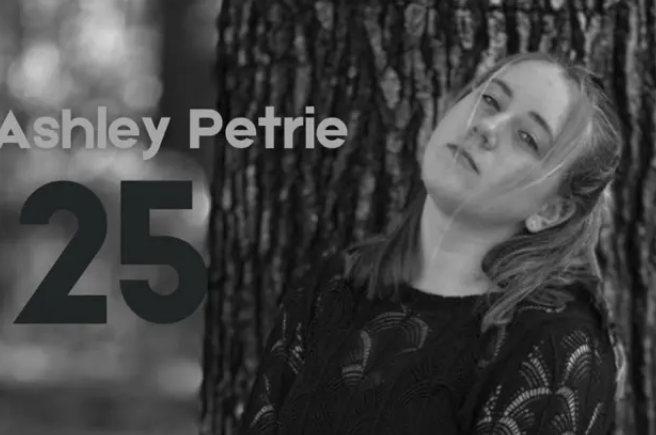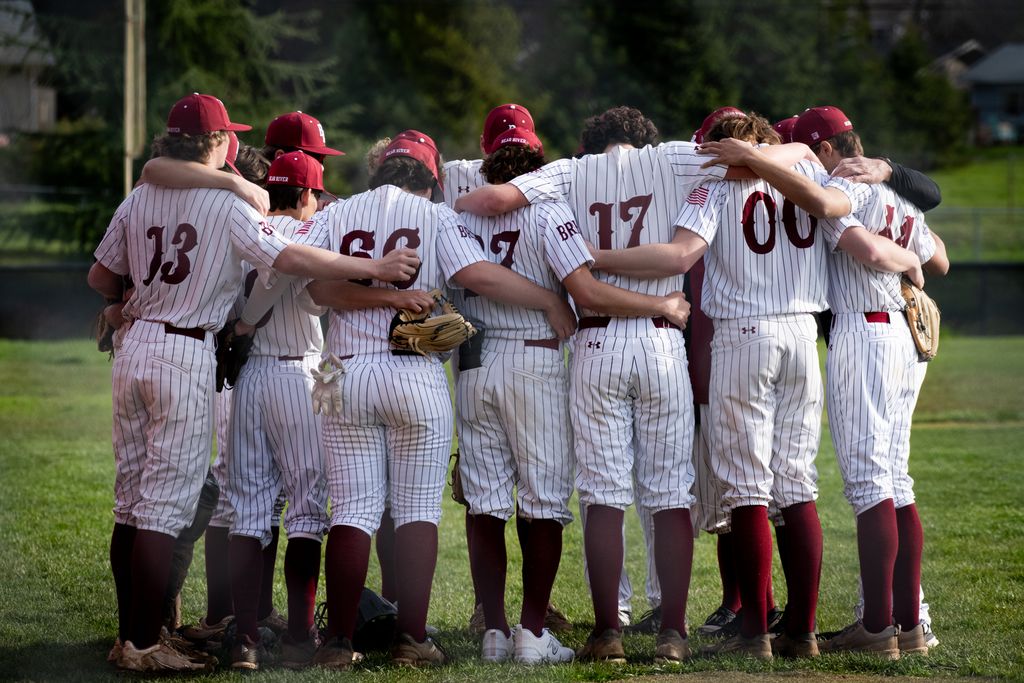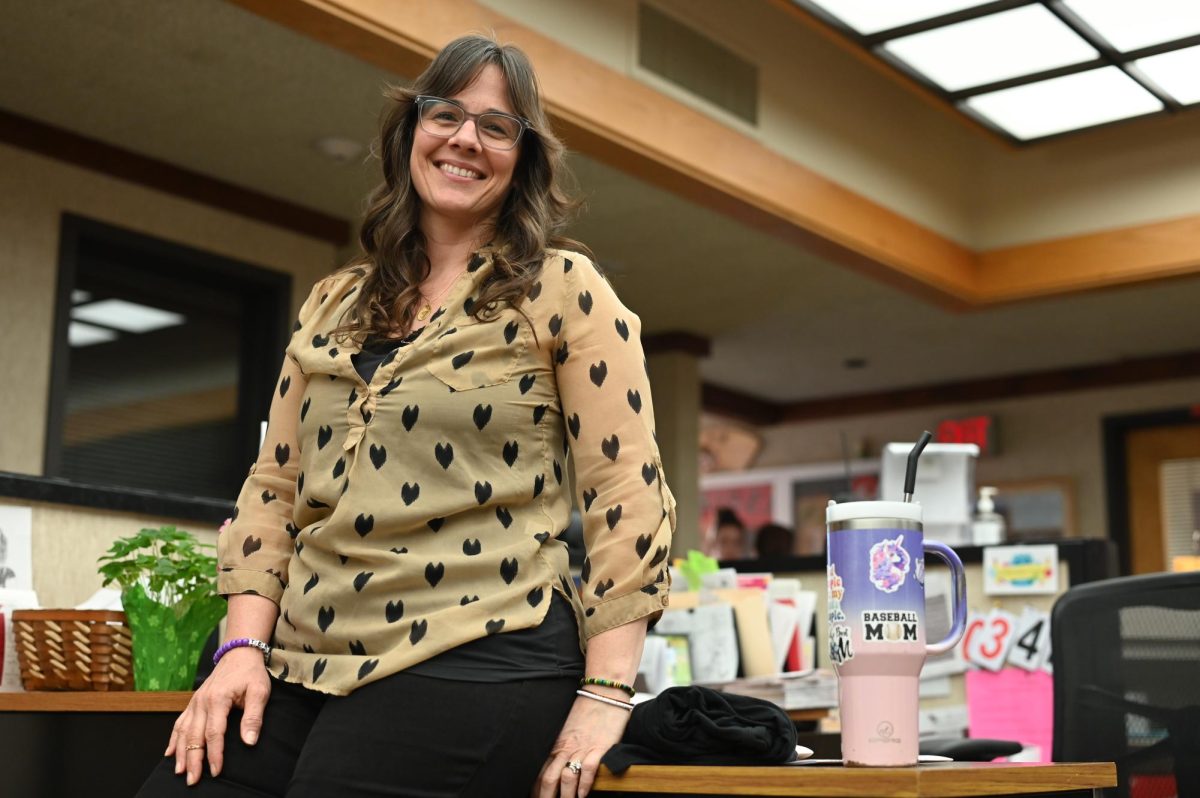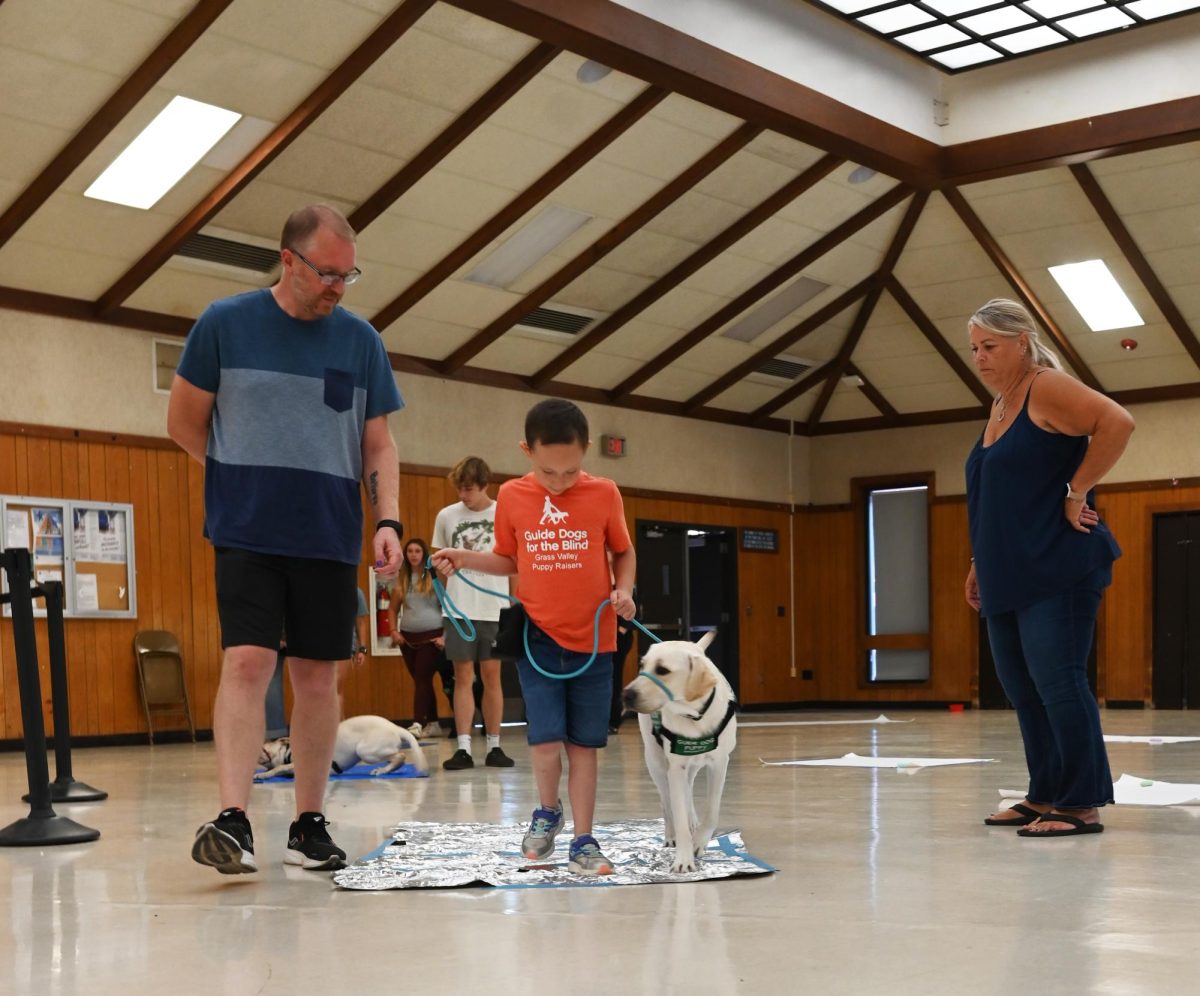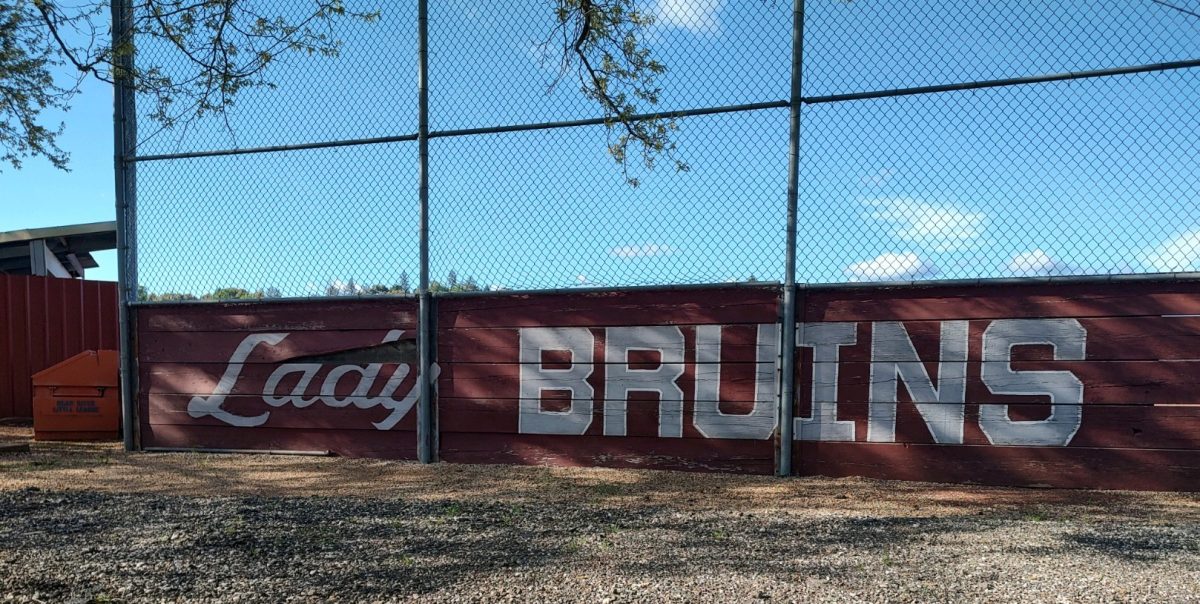It’s time to place a time-out on the inefficient suspension policy.
Bruins voiced their opinions about how the suspension policy affects a student’s day-to-day educational career. Junior Trevor Chandler firmly believes it is an ineffective way to discipline a student.
“Suspension is not very effective in the slightest because if you’re sending kids home for doing something bad, they’re going to stay home and do fun things all day versus actually paying for what they did,” said Chandler. “Having them stay here, for example, would be better than sending them home. Honestly, OCS can be more effective than off-campus suspension, but at the same time they’re not being taught by their teachers. They are just getting the work for the day, so if there’s some way to get the lesson not just the homework that was assigned, that would be better because OCS or off-campus suspension, you’re still spending a full day on school so regardless you’re not getting the information you need.”
Senior Tyler Doucette commented on the effect suspension has on parents.
“It is a burden to the person getting suspended and for the child’s parents too, to have to take the kids out of school, or more or less put them in OCS,” said Doucette. “They aren’t receiving the hands-on learning that a lot of students need.”
The Current believes that, yes, due to certain circumstances the administration will have to take it as far as having to suspend someone. But with all that said, these students are missing the opportunity to learn and to excel in their academic career. These students should be at school learning because it’s not only a requirement, but a right.
Principal Amy Besler acknowledged the trouble with suspension. She said she would rather try an alternative way to enforce behavior intervention without having to withdraw them from class.
“Any time we can use a difficult situation as an opportunity to educate, counsel, and help a student move forward in a positive way, we want to do this,” said Principal Besler. “It would be awesome to have a district program (or a program specific to Bear River) that students could attend in lieu of suspension, where they might develop tools and strategies for future success.”
Principal Besler explained the reasons why a suspension may be administered to a student.
“Generally speaking, suspension is a last resort when it comes to behavior intervention,” she said. “However, there are certain behaviors that, based on the California Education Code, are ‘suspendable’ offenses and we must be regarded as such. Any possession or use of drugs or alcohol is going to result in a suspension, which is also true for physical altercations, harassment, theft, possession of weapons, and destruction of school or personal property, among a number of other things. Along with the suspension, depending upon the situation, we do our best to also provide other intervention support, such as the AOD (Alcohol and Other Drug) diversion program that students who have had incidents with drugs or alcohol are mandated to attend for a number of weeks. More important than the punishment is the learning that we hope will result from the experience.”
Freshman Alex Bohn agrees with this suspension policy due to the fact that there are things a person should just never do.
“When someone has done something wrong, they should be taken out of school but still required to get the homework done that is necessary,” said Bohn.
Even though Ally Bonnifield, a sophmore, hopes these suspensions will teach people a lesson, she firmly believes that it has a negative effect on the student in the end.
“In the long run I feel it teaches people lessons about what they have done but I don’t think it helps those people in the here and now of their situation,” said Bonnifield, “There definitely could be better ways to manage something like this better. I feel that taking them away from their learning experience definitely has a negligent effect on the student in the long run.”
Principal Besler shared her philosophy of a teacher’s role in discipline.
“As I often tell students who have found themselves in a bad situation because of their own actions, ‘it is not this mistake that defines you… it’s what you learn from it and how you move forward that will show your true character.'” said Principal Besler. “We know that young people make mistakes, as we all do, and we have committed our careers to working with teenagers in hopes that we can counsel them positively through these tough times.”



